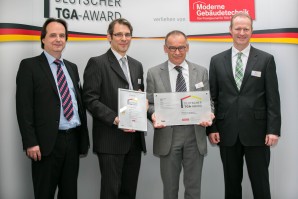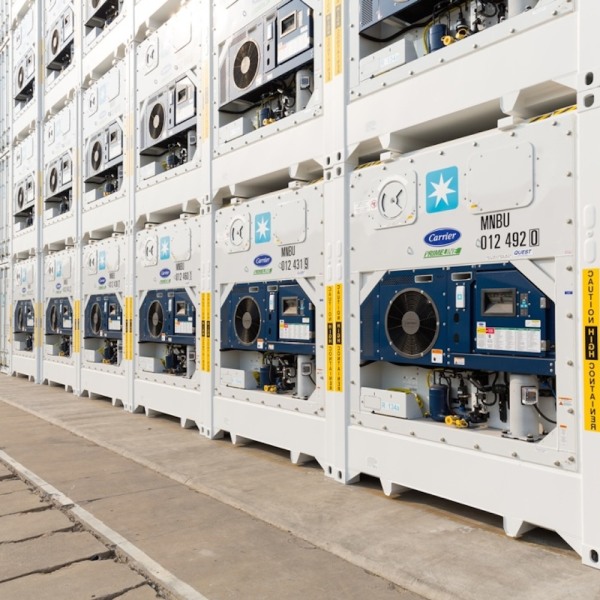Carrier expand solar panel range
USA – Carrier Transicold have revealed that they have expanded their line of Thin Film Flexible Solar Panels which are designed to help maintain peak performance of transport refrigeration unit (TRU) batteries in a more environmentally sustainable way.
The new additions mean that Carrier now offer 18.5 watt (1.2 amp) and 9.24 watt (0.6 amp) solar panels, in addition to their original 28 watt (1.8 amp) panel, which, the company hopes, will accommodate a wider range of user needs and budgets. The company claims that the solar panels have been designed specifically to maintain TRU battery charge and can be installed on the roofs of trailers, truck bodies and refrigerated rail cars. Carrier claim that their solar panels are lightweight, highly flexible, measure less than one-eighth of an inch thick and have been designed to withstand harsh transportation environment. Consequently, the solar panels are waterproof and puncture-resistant and have a five-year limited warranty on power output.
Solar panels can offset the draw from accessory electrical devices and should significantly reduce callout charges related to the battery, while they can also help conserve fuel by minimizing the need to run the TRU engine to charge the battery.
Jason Forman, the Performance Parts marketing manager for Carrier Transicold, commented on the launch of the new solar panels, revealing “Our amorphous silicon, or a-Si, solar cell technology provides high performance in real world environments where daylight may be indirect or low. Unlike some other solar technologies that require several days of sun soaking to bring the panels up to full functionality, a-Si panels deliver maximum performance without sun soaking. They also begin charging at a higher voltage at a lower angle of light than some other technologies, allowing charging over a longer portion of the day, which is especially helpful in northern regions and in the winter.”
When exposed to daylight, the solar panels continuously charge TRU batteries, which in theory ensures that there is ample power for system starts and helps to avoid issues and costs associated with a weak or dead battery. In general, refrigeration system batteries are also often tapped to power additional trailer electronics such as telematics devices, fuel-level sensors, interior lighting and other accessories. As a result, if the TRU has not been operated for some time and these accessories continue to draw power while the unit is off, its battery might not have enough charge to start the engine.
Mr Forman concluded by reminding users that “Fleets located farther south in warmer climates will appreciate that a-Si panels do a better job of retaining their efficiency on hot days, in contrast to some other types of solar panels that can lose considerable efficiency when their temperature increases.”














